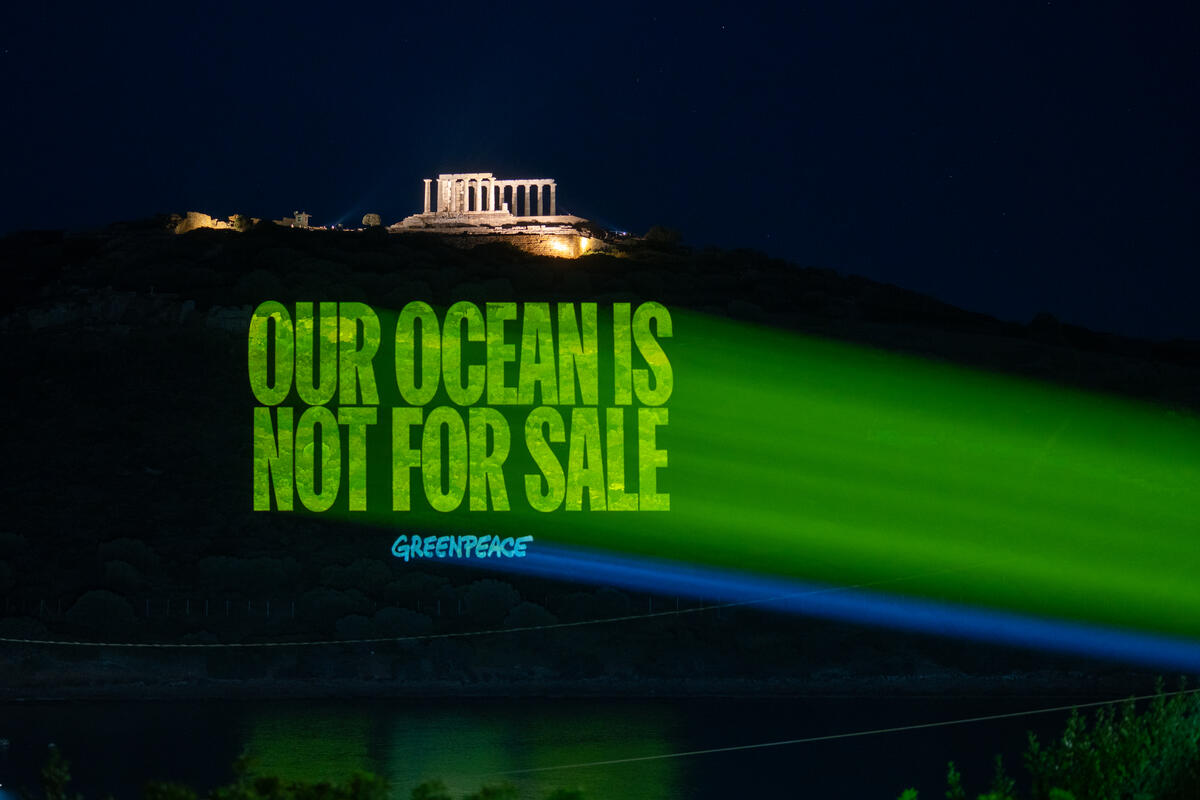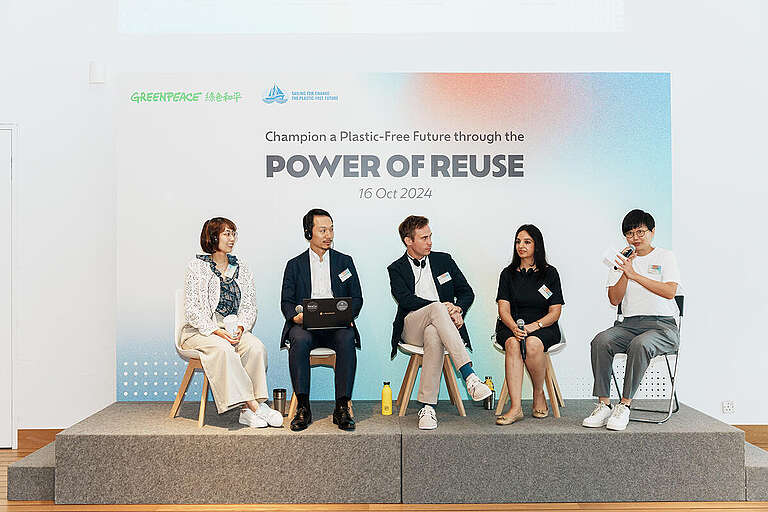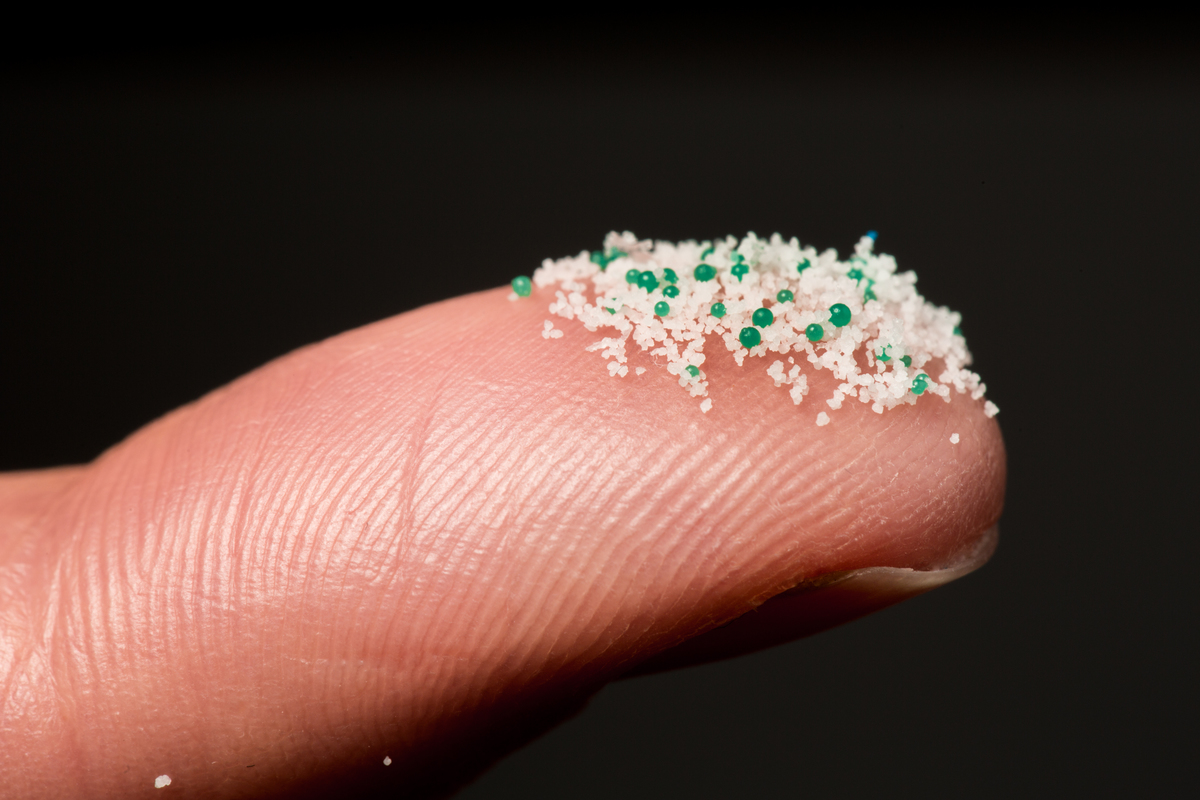Kuala Lumpur, 4 April 2024 – Eight out of ten Malaysians support cutting plastic production, revealed a new Greenpeace International report ahead of the fourth Intergovernmental Negotiating Committee (INC4) meeting for a Global Plastics Treaty to be held in Ottawa, Canada this month. The survey, conducted among 1,000 Malaysians nationwide, also indicates strong public backing for measures aimed at ending single-use plastics and promoting reuse-based solutions.
In comparison to the poll across 19 countries made up of 19,088 individuals, Malaysians demonstrate notably stronger support for the objectives outlined in the survey. Key findings include:
- 82% of global respondents support cutting plastic production to combat pollution, while in Malaysia, this figure rises to 87%. [1]
- 80% of global respondents advocate for protecting biodiversity and addressing climate change through reduced plastic production, while 86% of Malaysians support this notion. [2]
- 90% of global respondents endorse transitioning away from single-use plastic packaging to reusable and refillable alternatives, compared to 95% of respondents endorsing this in Malaysia. [3]
- 75% of global respondents support a ban on single-use plastic packaging, while Malaysian respondents express stronger support with 76% in favour. [1]
- 80% of global respondents express concern [1] about the health impacts of plastic on their loved ones and 84% of parents surveyed express concern [4] about the health impacts of plastic on their children. In comparison, the figures rise to 90% and 93% respectively among Malaysians.
These findings reinforce the imperative for governmental action and support for a robust Global Plastics Treaty. With Malaysian sentiments demonstrating a significantly stronger desire for proactive measures to combat plastic pollution compared to global averages, it becomes evident that there is a pressing need for governmental intervention.
The overwhelming support for measures such as reducing plastic production, transitioning to reusable packaging, and banning unnecessary single-use plastics underscores the mandate for policymakers to prioritise environmental concerns and commit to comprehensive solutions.
The discrepancy between Malaysian aspirations and global averages highlights an opportunity for the Malaysian government to take a leading role in advocating for and implementing measures outlined in a robust Global Plastics Treaty. This data provides a clear mandate for governmental action in aligning policies with public sentiment to address the urgent issue of plastic pollution effectively.
Hema Mahadevan, Greenpeace Malaysia Public Engagement Campaigner said:
“The resounding support for reducing plastic production is a wake-up call to industries and policymakers. It’s time to shift from a throwaway culture to a reuse and refill economy, where products are designed for reuse and longevity – not disposability. Scaling back production is a vital step towards a more sustainable future and we have to act quickly.”
Malaysia, a major player in the plastics manufacturing industry, is grappling with significant challenges since becoming a dumping ground for imported plastic waste. The nation faces both legal and illegal dumping, compounded by a struggling recycling industry. Landfills are rapidly filling up, while corporations resort to false solutions such as incineration and waste-to-energy facilities, sidestepping the core issue of waste management. Ineffective policies further exacerbate this pressing plastic crisis, underscoring the urgent need for comprehensive action.
Recently, the Ministry of Natural Resources and Environmental Sustainability stated they are seeking to enact legislation to address plastic pollution in the country. Greenpeace Malaysia will be sending a letter to ministers urging that they go further by taking INC4 as an opportunity to complement nationwide efforts of curbing the issue at its source, namely through the reduction of plastic production, instead of relying on stopgap measures such as penalties on plastic usage or turning to false solutions like biodegradable plastics.
Greenpeace is demanding that the Global Plastics Treaty cuts total plastic production by at least 75% by 2040 to protect biodiversity and ensure that global temperatures stay below 1.5°C. Over 99% of plastic is made from fossil fuels, and with production set to skyrocket, it is a significant driver of climate change.
The INC3 meeting in Nairobi, Kenya last November 2023 ended in frustration as low-ambition countries derailed the negotiations, with the talks ending without a mandate to create a first draft of the treaty. Instead, the meeting saw the Zero Draft reworked to add weaker options, resulting in a convoluted document and allowing fossil fuel interests to drive the negotiations towards a treaty that will make the plastic problem worse and accelerate runaway climate change.
Government ministers from 173 countries are set to gather at the Shaw Centre in Ottawa, Canada from April 23 to 29, 2024, for the INC4 conference to negotiate a legally binding Treaty. The last negotiation meeting will happen in Busan, South Korea in November 2024. Our government must champion stronger policies and cannot allow the same mistakes made in the negotiations in Kenya to happen again.
Notes to the editors:
The research was conducted by Censuswide, from a sample of 19,088 members of the public in the UK, USA, Canada, India, Brazil, Egypt, Germany, Mexico, South Africa, Philippines, Indonesia, Japan, Thailand, South Korea, China, United Arab Emirates, Malaysia, Austria, and Norway. In Malaysia, the survey was conducted among 1,000 respondents in 17 cities nationwide. The data was collected between 16th – 26th February 2024.
[1] ‘Strongly agree’ and ‘Somewhat agree’ responses combined
[2] ‘Strongly support’ and ‘Somewhat support’ responses combined
[3] ‘Essential’, ‘Very important’, and ‘Fairly important’ responses combined
[4] ‘Very concerned’ and ‘Quite concerned’ responses combined
People vs. Plastic: Global Support for a Strong Plastics Treaty full report and Executive Summary can be found here.
Greenpeace demands for a Global Plastics Treaty can be found here.
Media Contacts:
Hema Mahadevan, Public Engagement Campaigner, Greenpeace Malaysia, [email protected]
Ili Ramli, Digital Campaigner, Greenpeace Malaysia, [email protected]

Ask our leaders to support a strong global plastic treaty that addresses the whole life cycle of plastic.
Add Your Voice



Discussion
I am excited at the prospect that 8 out of 10 Malaysians support cutting plastic production. Let’s put penalties on people who use plastic . No stop gap procedures are to be relied on . I will continue to advise people to stop using plastics.